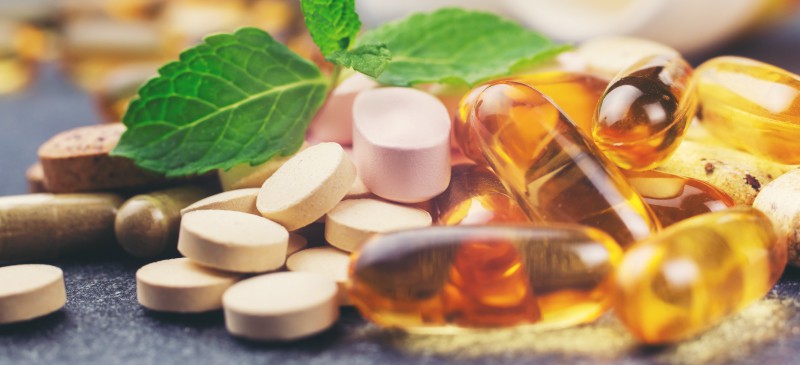Multivitamins are a combination of a various sets of vitamins that are consumed to compensate for the absence of nutrients that do not constitute your diet and are hence needed to be taken in the form of tablets. Not all of us get to have a balanced diet on a regular basis. Hence, multivitamins make up for the loss, helping in bridging the gap between nutrients. Multivitamins ensure increased levels of energy, betterment in mood, absence or lessening of stress and anxiety and also enhances memory intake.

Gender-specific nutrition consumption is however observed in the intake of multivitamins and hence men and women need different multivitamins. This article discusses why “his” and “hers” make a difference in this case.
Different bodily needs
Unique nutrient needs suffice for men and women specifically and therefore there are separate sets of guidelines to be followed for the consumption by the respective genders. The respective claims by different multivitamins brands vary from gender to gender. While the ones for women are targeted towards the improvement of the health of bones, breast, skin and reproductive system, multivitamins for men generally focus on keeping the health of prostate, colon and heart, stable.
Respective Priorities
Men and women have unique sets of priorities in the sense that heath concerns are different in case of both, on the basis of stature, hormonal flow, pulse rate and such factors. Therefore the nutritional guidelines are different for both and hence, it is better for the respective genders to consume their respective multivitamins, as prescribed. The types of nutrients and their composition are based on the basis of the given factors.
Unique vitamins for the respective genders
Although men and women have almost same requirements of Vitamins D, C and B12, the intake varies in cases of pregnant women or lactating women who need a greater quantity of these. Also, premenopausal women need more iron, which can be obtained from bisglycinate, while postmenopausal women may have the same quantities as men. Men need a greater quantity of Vitamin C than women. Excess of iron content in men is however not suitable as men have hereditarily high content of iron. Also, men need a higher content of zinc for increased fertility.
:
Biotin for hair, skin and nails and also to maintain normal protein metabolism, iron and calcium. Di-indolylmethane (DIM) is a phytochemical produced by breaking down cruciferous vegetables like broccoli that help in maintaining estrogen levels in the body. Vitamin A, C, Selenium and Zinc act as antioxidants. Niacin and Potassium help in the prevention of heart problems.
:
Lycopene, which is found naturally in citruses like tomatoes, has the effectiveness of the highest antioxidant among all the carotenoids. Lycopene is known to be a useful phytonutrient which helps in the protection of sperms as it acts against oxidative stress. Phytosterols also help in supporting cardiovascular and prostate health. Magnesium is essential for enhancing energy rates, L-argine fro tone of blood vessel and sexual health, and L-glutamine for skeletal muscles and immune response.
Multivitamins should not be expected to have magical powers like entire recovery from cancer. It is just consumed to maintain an overall health and at the bottom-line there is no such stark comparison. People just consume multivitamins to compensate for the loss of important nutrients from the diet.
 Indilens Web News Live Daily News on India ! Insights of India
Indilens Web News Live Daily News on India ! Insights of India

